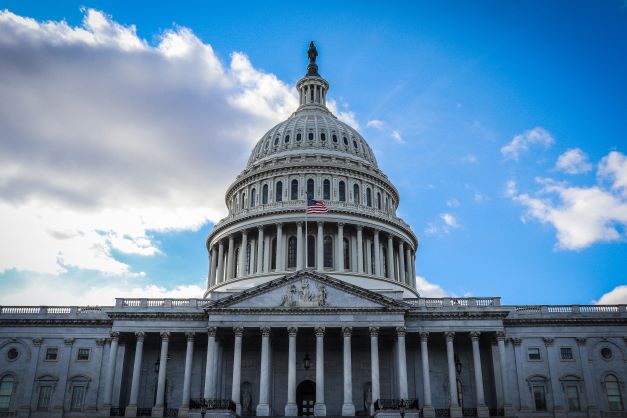US regulators are making a point of going after corporations that invest in companies where there is a perceived competitive overlap.

Antitrust lawyers were surprised in July this year when the US Federal Trade Commission (FTC) sought to block Meta’s proposed acquisition of virtual reality app developer Within Unlimited, which owns a popular fitness app, Supernatural.
Meta has acquired many metaverse-related companies, but the federal agency said this one would damp future innovation and competition in the fitness app sector. Many lawyers felt it was an enforcement action “at the margin, or beyond the margins, of what people traditionally have perceived to be the scope of US antitrust laws,” says Thomas Ensign, partner in antitrust and competition at US law firm Fenwick.
But corporate mergers are facing more scrutiny in the US these days. The US Department of Justice (DOJ) has also challenged a number of corporate mergers recently, signalling a more active approach to enforcing antitrust laws under the Biden administration. “Both FTC and DOJ officials have articulated a more aggressive tone and highlighted their upcoming agenda, which calls for more enforcement activity than we have seen in the last several decades,” says Ensign.
This increased scrutiny will inevitably filter down to investments made by corporate venturing units. One impact it could have is making exits more difficult through strategic mergers and acquisitions. Regulators have focused their attention on the technology sector because it is highly consolidated. But other concentrated groups of companies in healthcare, pharmaceuticals, transportation, agriculture and telecommunications could also come under the microscope.
“In the long term, it threatens to chill investment activity if venture partners have to be worried about their ability to exit their investments,” says Ensign.
Another area on the radar is the common practice of CVCs taking seats on the boards of portfolio companies. Lawyers caution that corporate venturing units should be aware of the increased scrutiny they are under when taking board seats on two or more portfolio companies that could be perceived as competing with the parent company.
A decades-old law, section 8 of the Clayton Act, makes it illegal for a company to have an officer, director, or representative on two or more competing companies. In legal terminology it is known as interlocking directorates. In October, seven directors stood down from corporate board positions in the US after the Department of Justice raised concerns about breaches of section 8 of the Clayton Act. “Section 8 is an important, but underenforced, part of our antitrust laws,” said Assistant Attorney General Jonathan Kanter, of the Justice Department’s antitrust division, in a release. “The Antitrust Division is undertaking an extensive review of interlocking directorates across the entire economy and will enforce the law.”
While there has been occasional enforcement activity of section 8 of the Clayton Act, “it has been a point of emphasis among leadership of FTC and DOJ over the last year,” says Ensign. “A number of companies late last month began receiving letters from DOJ indicating that the Justice Department believes they are violating the law by having board members or representatives on boards of competing companies.”
Fenwick lawyers interviewed for this story are not aware of CVC units that have received enforcement action from the Department of Justice. Nevertheless, the regulatory environment might give some CVCs the occasion to pause.
“It is a good time for CVCs to reflect on their existing portfolios and assess whether they have any existing interlocking directorates, and to keep it in mind with respect to future investment,” says Ensign.
Strengthening the firewalls between the investment team and business units of the parent company could help mitigate any enforcement action. These firewalls add a layer of protection against the sharing of competitively sensitive information between the portfolio company and the parent company, which antitrust laws such as section 8 of the Clayton Act seek to inhibit.
While these firewalls will often not guard against regulatory enforcement, they may “deescalate any potential for investigation,” says Ensign.









